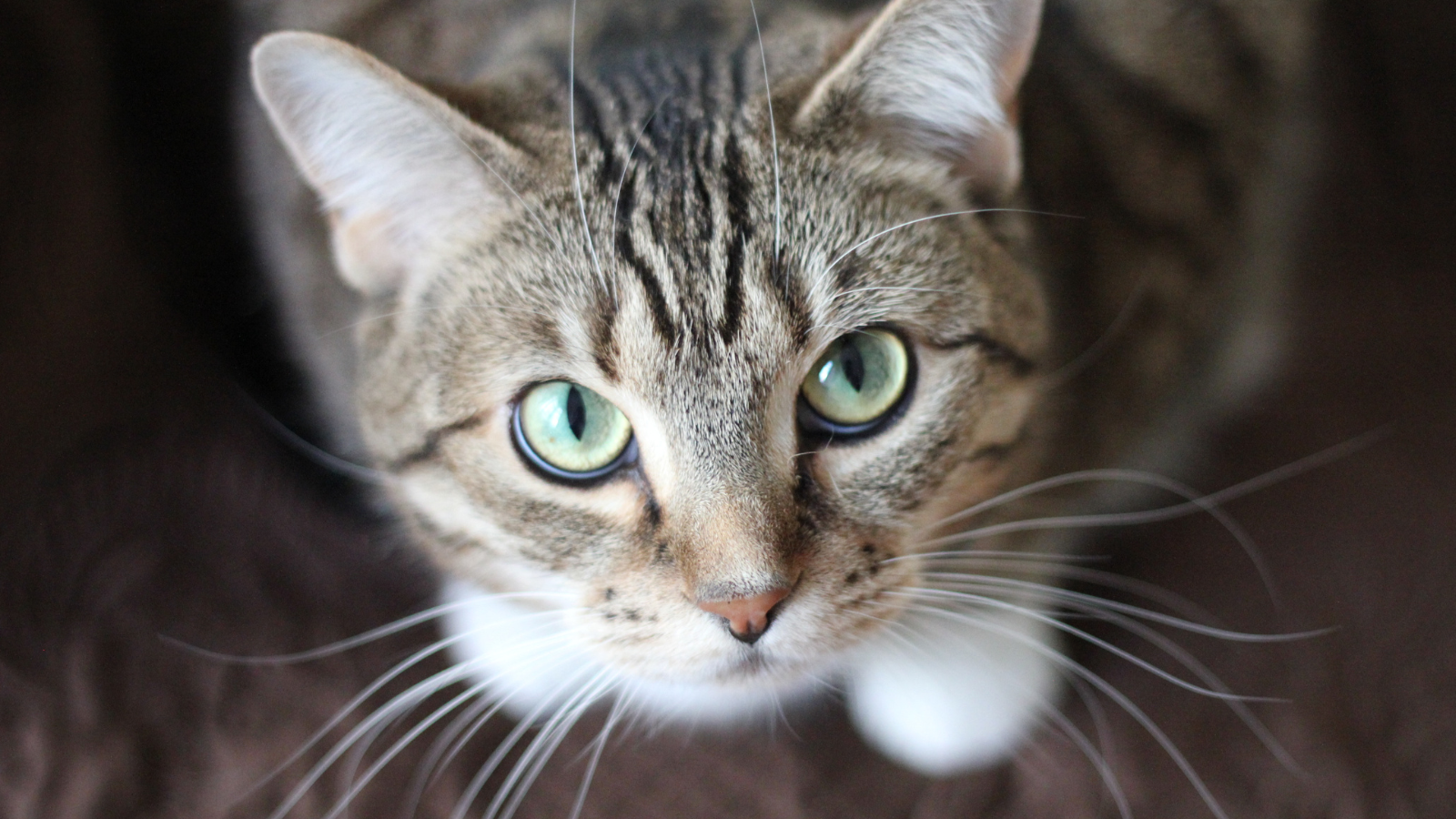Has your cat started missing the litter box or straining to urinate? These kinds of behaviors in feline pets are often signs of something serious, like diseases in the urinary tract. Our veterinarians at Pumpkin Hill Veterinary Clinic have seen feline patients suffering from urinary issues that can range from mildly uncomfortable to life-threatening. The good news is that with early detection and proper care, most cat urinary conditions are manageable.
Does Your Cat Have a Urinary Health Issue?
Urinary diseases in cats can be messy or frustrating for pet owners, and also painful and potentially dangerous for your cat. Left untreated, these conditions can cause permanent damage to the bladder or kidneys and may even become emergencies. Monitoring your cat’s litter box behavior can provide early warning signs like:
- Frequent urination in small amounts
- Straining or vocalizing while urinating
- Urinating outside the litter box
- Not urinating at all
- Blood in the urine
- Excessive licking of the genital area
- Lethargy or decreased appetite
- Signs of distress
Cats are creatures of habit, so any sudden change in bathroom behavior is worth investigating.
Urinary Conditions Our Vets See in Cats
There are many different kinds of issues related to the urinary system that can occur in felines. The following are just a few possible urinary conditions that veterinarians can diagnose.
Feline Idiopathic Cystitis (FIC)
Feline Idiopathic Cystitis is a urinary tract disease in cats and is thought to be linked to stress. FIC causes inflammation of the bladder lining without an identifiable infection, and symptoms can come and go without warning.
Feline Urethral Obstruction
A urinary obstruction in cats is a critical emergency, especially in male cats. A blockage, usually caused by crystals, stones, or mucus, prevents urine from passing. Without immediate treatment, this condition can be fatal within a few days.
Bladder Stones in Cats
Hard mineral deposits that irritate the bladder or block the urethra in cats. Depending on size and location, they may require special diets, medication, or surgery.
Feline Urinary Tract Infections (UTIs)
While not as common in young, healthy cats, UTIs can affect older cats (especially females) or those with underlying issues like diabetes or kidney disease.
Chronic Kidney Disease in Cats
Not strictly a lower urinary disease, but it’s worth noting. Chronic Kidney Disease, or CKD, may cause excessive urination and thirst, often leading to secondary urinary issues.
Diagnosing and Treating Feline Urinary Problems
One of the most important tools veterinarians use is a urinalysis, a test that tells us a lot about your cat’s health. Testing your pet’s urine can identify markers such as crystals, blood, bacteria, pH levels, and urine concentration, all of which point to different feline urinary conditions. Depending on the results, a veterinarian may suggest additional diagnostics. For example, bladder stones will typically require an X-ray or ultrasound for confirmation.
Once your feline has been diagnosed, they will begin to receive veterinary treatment. Treating a feline urinary condition may involve antibiotics, anti-inflammatory medications, prescription urinary diets, at-home management strategies, and more. If you have any questions about your cat’s condition, don’t be afraid to ask during your pet’s appointment. Also, make sure to keep an eye on your cat. Urinary conditions can sometimes become chronic.
Treatment for Cat Urinary Conditions in Byron, NY
Urinary problems in cats are common, but with your attention and our care, they can be caught and treated. Noticed changes in your cat’s bathroom behavior? Seek veterinary care! Pumpkin Hill Veterinary Clinic diagnoses urinary diseases in cats in Byron and from nearby areas like Batavia, Brockport, and Rochester, NY. Early care leads to better outcomes and a more comfortable life for your cat. Schedule an appointment at our veterinary clinic.






